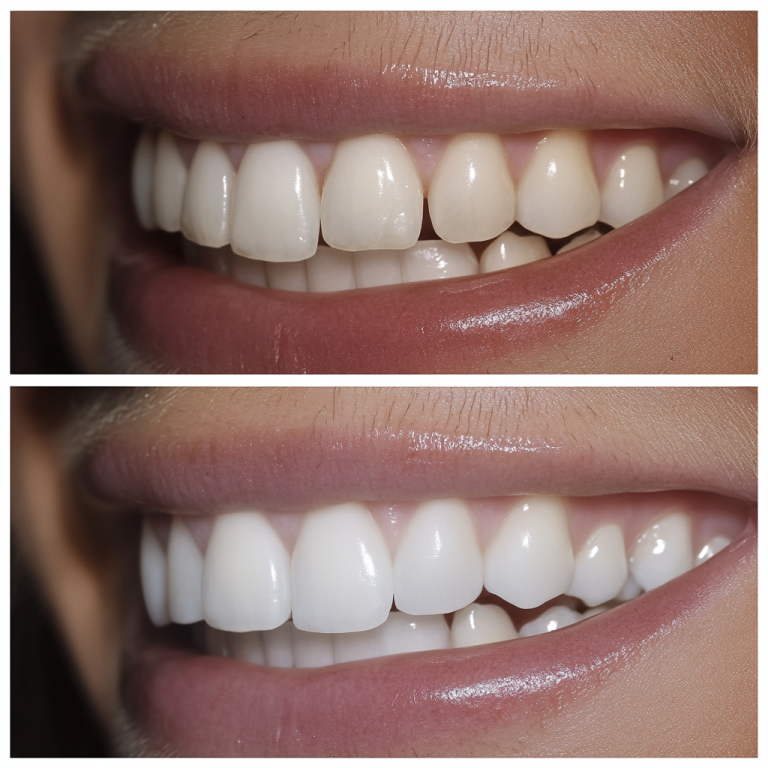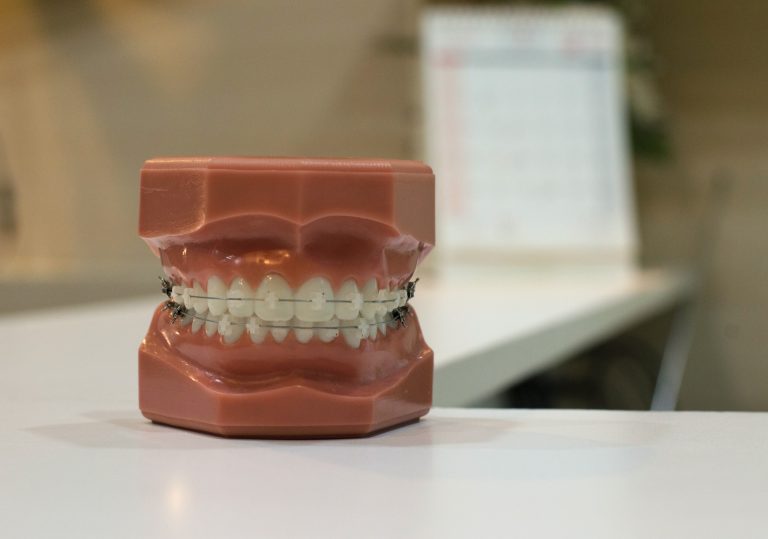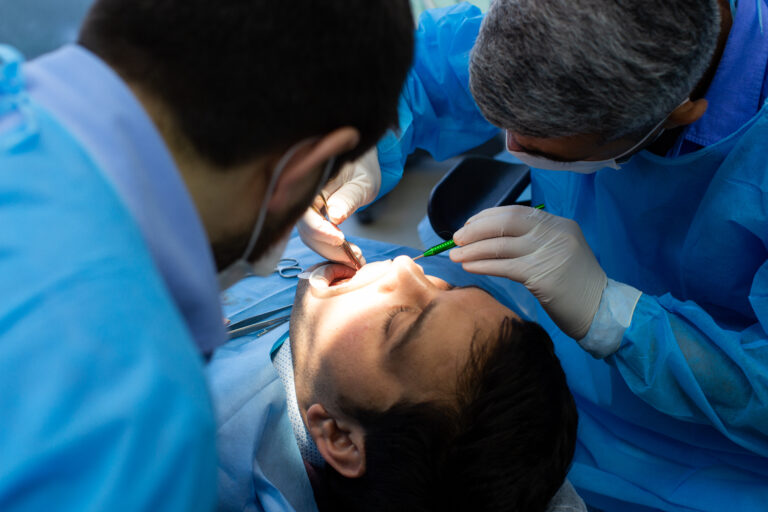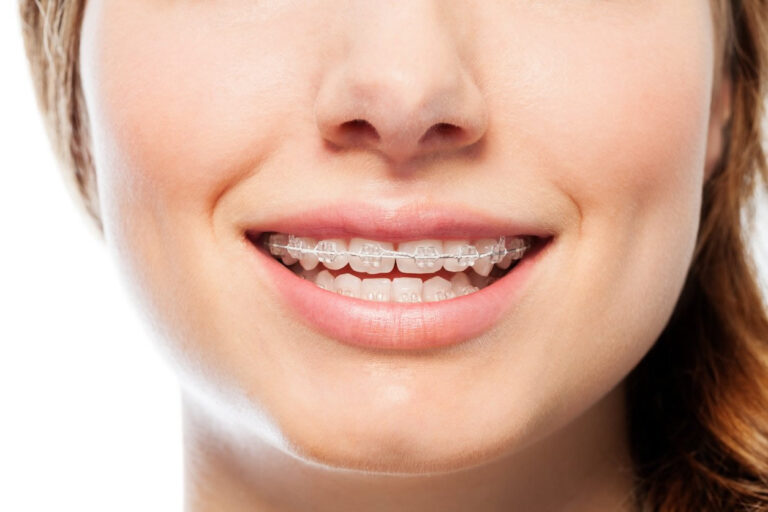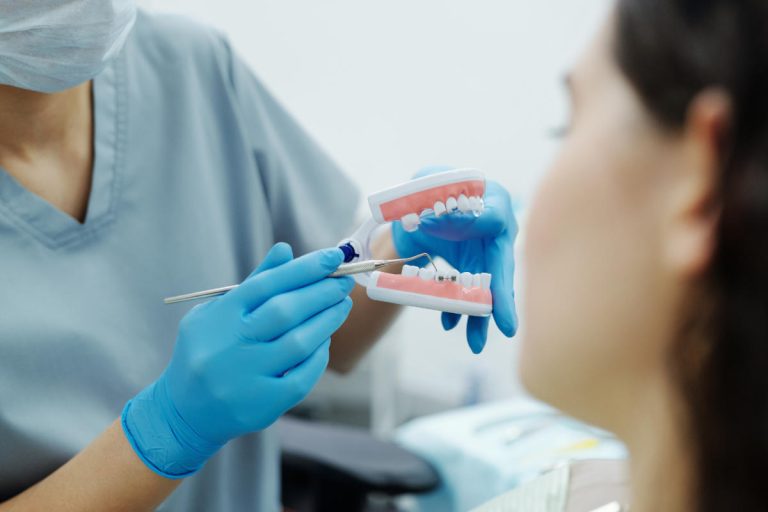Getting braces can be a painful experience. It starts with the placement of the braces, stretching the teeth and causing soreness in the mouth. As time passes, the pain intensifies with each adjustment. The orthodontist tightens the wires to shift the teeth into the desired positions.
This pain is often a dull ache or pressure. It makes it difficult to eat and speak comfortably. After each adjustment, it may take several days for the discomfort to go away. Some people also get cuts or sores from the brackets and wires rubbing against their mouth.
Despite the pain, there can be a silver lining with getting braces. I once met a young girl, Lily, who shared her experience. She was nervous about the pain of braces. But, her orthodontist was compassionate and understanding. He went through each step of the process with her and comforted her that the pain would be temporary. This personal touch made a big difference in Lily’s experience, as she felt more supported while getting straighter teeth.
The physical discomfort of getting braces
Getting braces is not a pleasant experience. You may feel soreness, sensitivity, and even pain when your teeth start to move. You may also have tightness and pressure from time to time. Everyone’s experience is unique – some breeze through with minimal discomfort, while others find it more difficult.
Did you know this concept dates back centuries? Metal wires were used in Ancient Egypt 4000 years ago. Dentists experimented with gold bands and wax in the 18th century. Technology and materials have advanced since then, making the process more comfortable.
The discomfort is only temporary. The outcome will make it worth it!
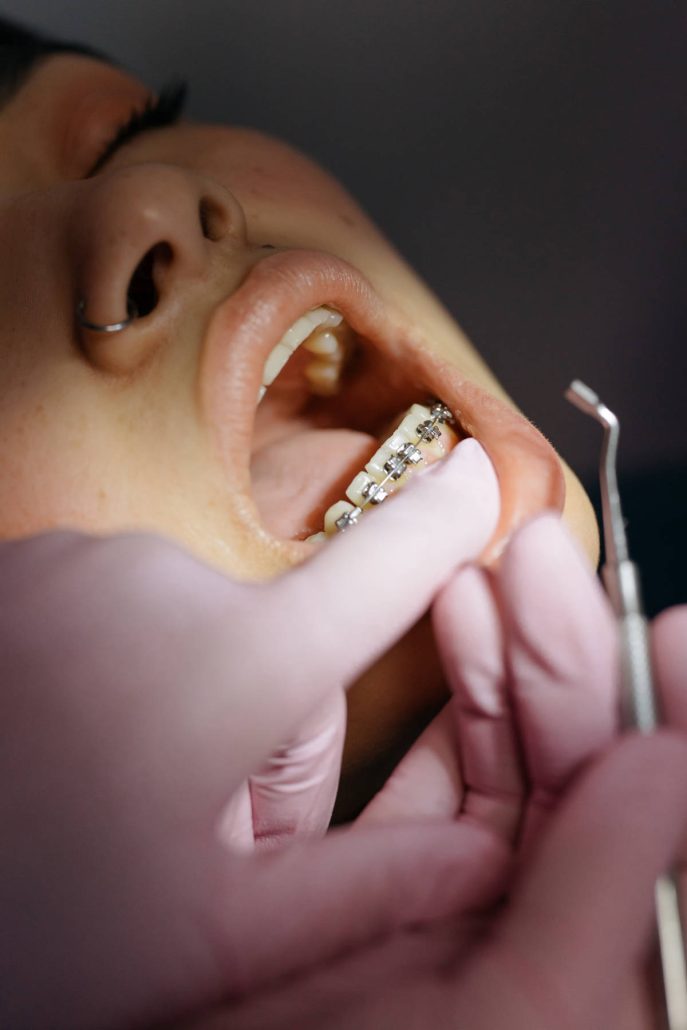
The emotional impact of getting braces
Getting braces can bring a variety of emotions. It can affect one’s self esteem and confidence. Being aware of the emotional aspects of braces can help individuals go through orthodontic treatment.
At first, people may be self conscious about their appearance. Metal brackets and wires can draw attention to the mouth and cause worry that others will judge them. However, it’s important to remember that this is only a phase and it will lead to a beautiful smile.
Physical discomfort or pain from pressure exerted on teeth can be experienced. This can add to the emotional impact of orthodontic treatment. Focusing on the long-term benefits is key.
Eating certain foods or speaking clearly may be difficult due to braces in the mouth. This could lead to frustration and social interactions can be impacted. Adapting to these changes takes time and patience.
Openly communicate with an orthodontist about any concerns during the treatment process. They can provide valuable support and guidance for the emotional journey of wearing braces.
Coping strategies to minimize the pain
Dealing with the aches of braces can be tricky. Coping strategies can help make it easier. Try these:
- Wax the braces: Put wax on brackets or wires to reduce friction against cheeks and lips.
- Use pain relievers: Non-prescription medications like ibuprofen or acetaminophen can help.
- Saltwater rinse: Warm saltwater can give temporary relief to sores and irritations.
- Eat soft foods: Mashed potatoes, soups, smoothies, and yogurts lessen chewing pressure.
- Good hygiene: Brush gently and floss carefully to keep braces clean and avoid further discomfort.
Also, avoid hard or sticky foods. Going for regular appointments helps your orthodontist adjust your braces. Patience is key as results take time. Ultimately, braces will give you a beautiful smile.
Pro Tip: Reach out to your orthodontist if you experience persistent pain or have concerns.
Conclusion: The temporary pain is worth the long-term benefits of braces
Getting braces can be intimidating. Although it involves temporary pain and discomfort, the long-term benefits far outweigh this. Pain in the beginning is because of the pressure exerted on the teeth, which shifts them into alignment. This can cause soreness and tenderness in the mouth, but is key for a straight and confident smile.
The discomfort gradually fades as the mouth adjusts to the braces. The pain is only temporary and helps with oral health and self-esteem. Braces help with misalignment, overcrowding, overbite and underbite.
They also teach us patience and discipline. It requires regular visits to the orthodontist, adjustments to wires and brackets, and maintaining good oral hygiene. Even after the braces are removed, these habits still benefit our overall health.
While braces can be uncomfortable, they bring positive results in aesthetics and functionality. A study by the American Association of Orthodontists (AAO) found that 84% of people experienced an increase in their confidence after braces.
Frequently Asked Questions
1. Does getting braces hurt?
It is common to experience some discomfort after getting braces. Initially, there may be soreness in the teeth and gums as they adjust to the pressure of the braces. However, the level of pain varies from person to person, and it usually subsides within a few days.
2. Are braces painful to wear?
While braces are not generally painful to wear, they can cause some discomfort or soreness. This discomfort primarily occurs when the braces are first put on, after adjustments, or when wearing certain types of braces. However, most people find that any discomfort is manageable and diminishes over time.
3. How can I alleviate the pain caused by braces?
To alleviate any discomfort caused by braces, you can try the following remedies:
- Using dental wax to cover any irritating brackets or wires.
- Taking over-the-counter pain relievers recommended by your orthodontist.
- Rinsing your mouth with warm saltwater to reduce inflammation.
- Eating soft foods until the soreness subsides.
4. Can braces cause ulcers or sores in the mouth?
Braces can sometimes cause ulcers or sores in the mouth due to the friction between the braces, wires, and soft tissues. However, this is not a common occurrence. If you develop such sores, your orthodontist can provide relief wax to apply over the braces to minimize irritation.
5. Will my braces hurt every time they are adjusted?
While adjustments require tightening of the braces, which can cause temporary discomfort, the level of pain experienced varies from person to person. Some individuals may feel soreness after each adjustment, while others may experience minimal discomfort. The intensity of the pain typically lessens over time as your teeth begin to align.
6. How long does the initial pain from braces last?
The initial pain or soreness from braces usually lasts for a few days. During this time, it may be uncomfortable to eat certain foods or apply pressure on the teeth. However, taking pain relief measures and giving your mouth time to adjust will help alleviate any discomfort. If the pain persists or becomes severe, it is best to consult your orthodontist for guidance.

